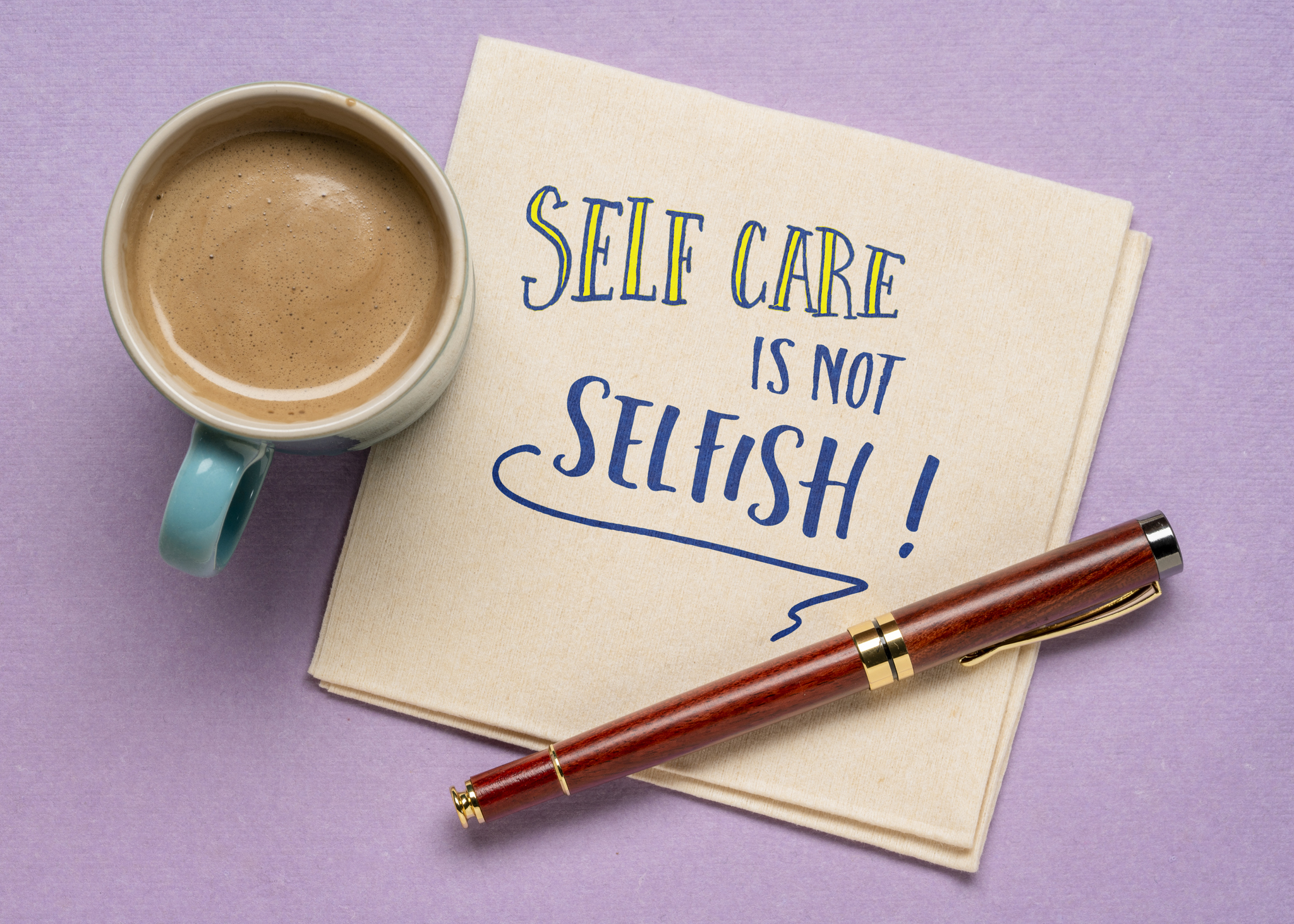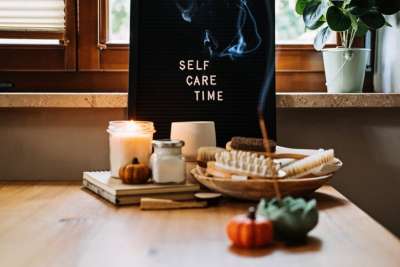Dr. Karla Bester has a passion for education and served as a teacher for more than 20 years before becoming a Director of Programs for an education company. She has developed, implemented, and managed a variety of programs that have supported and helped educators excel both inside and outside of the classroom.
Here, she shares her top self-care tips for teachers that are simple, achievable, and easy to integrate into a busy teacher's schedule.

Taking care of yourself is a priority for any profession, but it’s especially important for educators. Teaching can be incredibly rewarding, but it can also take its toll and lead to burnout. This is why it’s important to prioritize self-care and take the necessary steps to look after both your physical and mental health, particularly as we head toward a new school year.
6 Self-Care Strategies You Can Practice Every Day
Self-care is essential for staying healthy, energetic, and focused on your job. It also helps reduce stress levels and help prevent burnout. Whether you want to try new self-care strategies like starting a mindfulness or gratitude journal, or you need to make a little time for yourself, self-care activities don’t have to be complicated or time-consuming. Sometimes just setting aside a few minutes each day for yourself can make all the difference. Here are some simple self-care practices to help you build a self-care routine that can fit into your daily life.
Self-Care Tip #1: Get Plenty of Rest
One of the most important aspects of teacher self-care is making sure you’re getting enough restful sleep each night. Poor sleeping habits can have effects on every aspect of your wellness, so aim to get at least 8 hours of sleep each night if possible. Start by setting yourself a sleep goal that feels achievable, then gradually build up sleep habits. You should also try to establish a regular bedtime routine that helps you relax and wind down at the end of each day. Although you may also love caffeine for a temporary boost, too much can cause sleeplessness and an overall uneasy feeling. Cutting down on caffeine consumption and avoiding using electronic devices before bed are two ways to help you get a restful night’s sleep.
Self-Care Tip #2: Eat a Balanced Diet
Eating a balanced diet provides your body with the nutrients it needs. Eating nutritiously will not only help you feel better physically, but it will also give you more energy throughout the day. Make sure you’re drinking plenty of water during the day, as dehydration can lead to fatigue and other health issues if left unchecked. Make an effort to include fruits, vegetables, and other sources of important vitamins and minerals in your meals. There are times when you may want to replace drinking coffee with herbal teas to help energize you through the day.
When trying to form healthier eating and drinking habits, it can be helpful to set yourself simple, achievable goals to increase or decrease certain foods in your diet and plan your meals for the week.
Self-Care Tip #3: Exercise Regularly
I know we hear this often, but it is a fact that physical activity has been proven to not only improve your physical health but also reduce stress levels significantly. Increased endorphin levels in your body after exercise sessions will boost your mood and improve your overall emotional health. It is suggested to try scheduling 30 minutes each day for a workout session, even if it means going on a walk or increasing your steps around your classroom or the school. Walking is a simple and easy way to help your overall well-being and can be easily integrated into your school day.
Self-Care Tip #4: Take Short Breaks
There are some days when it may feel like you’re constantly on the move. From walking to make copies, preparing for lessons, walking around the room to check on students, trying to determine which two tasks you can accomplish on your lunch break, and trying to adhere to a general schedule. There may be times when you feel completely exhausted by the time leave the school. Begin taking 10-minute breaks. Try stepping out into nature during your lunch break to get some fresh air or take a quick break between special classes to become re-energized. You may even be able to involve your class by incorporating calming music, mindfulness practice, or even brain breaks.
Self-Care Tip #5: Do Something That You Love
As a teacher, it can be easy to let work creep into your personal life and forget to check in with yourself. Schedule time for activities that bring you joy. This may be reading a good book, listening to a podcast or music, gardening, going on a staycation, or going to the movies. By doing activities that you enjoy or make you happy, you permit yourself to take your mind off work-related issues or other stressors. Spend time alone or with family members and loved ones. Take some time out to have fun. When you do something you enjoy, you release dopamine which improves your mood significantly.
Self-Care Tip #6: Set Boundaries
Taking care of yourself includes setting boundaries with your work family, including your administration, coworkers, and students, when necessary. Many teachers fear that they will be respected less by setting boundaries. However, your health and sanity are more important. A good work-life balance is essential for making sure you don’t become overwhelmed, stressed, or burned out. By setting boundaries early on in the relationship with your work family, they'll be more likely to respect those boundaries (and respect you) in return over time because they'll understand that there are certain things they shouldn't cross when interacting with you both during and outside of school hours. That said, it’s never too late to start setting new boundaries and establishing better habits around work-life balance.
Make Time for Self-Care
Self-care is important in maintaining your health, level of energy, and sanity. Practicing self-care regularly can help to prevent the feeling of being burned out, mentally exhausted, and restless. By taking bite-sized steps towards sustaining good self-care habits, these daily activities will become second nature. Make time for yourself and invest in your well-being. Your commitment will have life-changing effects.














